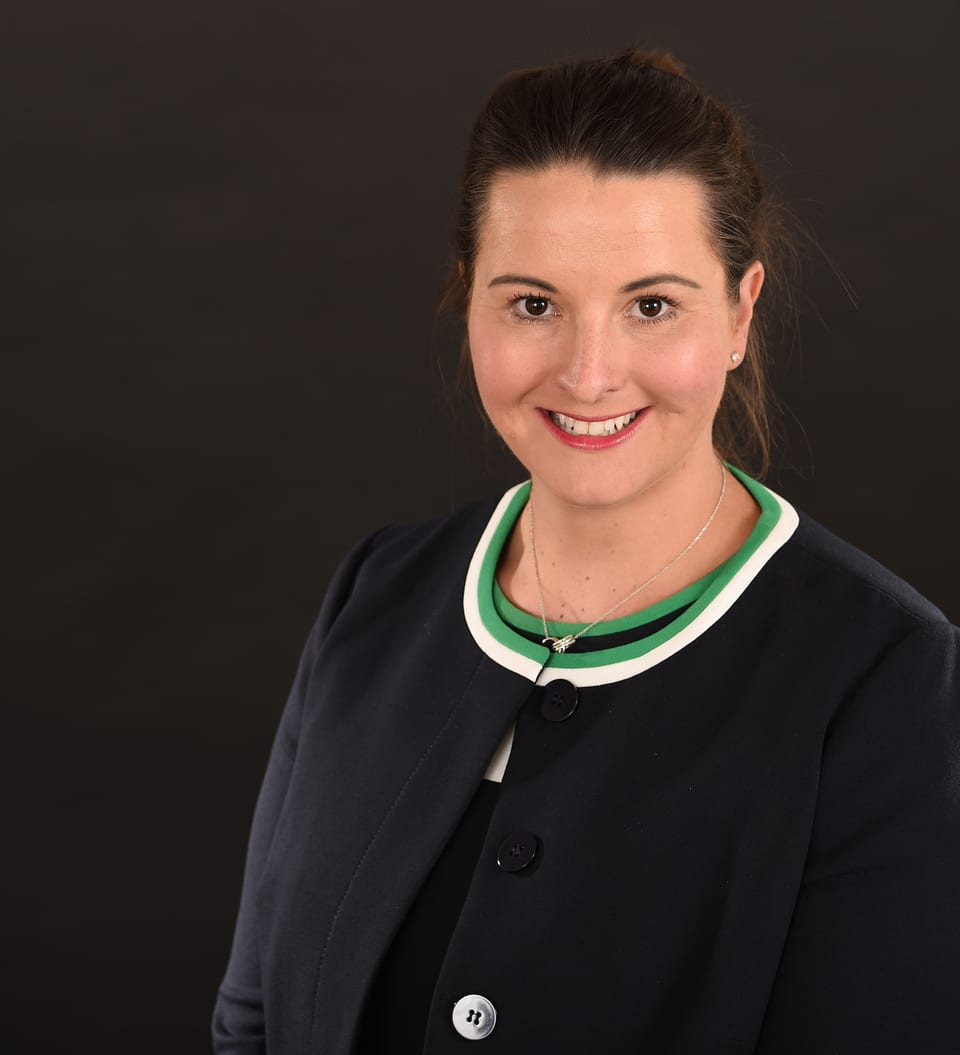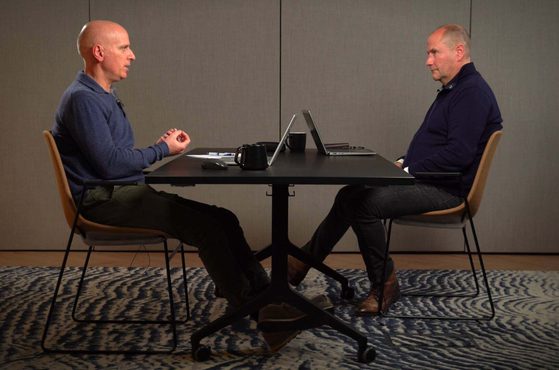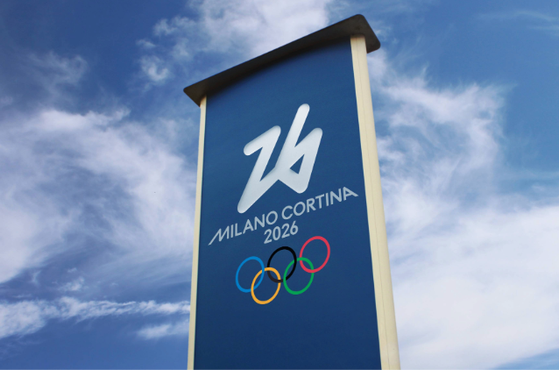Government to consult on unlicensed gambling operators sponsoring British sports

We explore the consultation background, the regulatory concerns driving it and what it could mean for clubs with existing or future sponsorship deals.
Read more
We make the difference. Talk to us: 0333 004 4488 | hello@brabners.com
In recent days, media coverage around the Olympics has been dominated by discussion over Imran Khelif’s status as a participant. Khelif — a registered ‘female’ athlete — purportedly has a ‘Difference in Sex Development’ (DSD).
DSD is a rare condition that affects less than 1% of the population and impacts genes, hormones and reproductive organ development. DSD can present in a number of different forms. Some people with DSD are raised as female but have XY sex chromosomes with blood testosterone levels in the male range. This is reportedly the DSD trait that Khelif presents.
Here, our sport eligibility specialist Catherine Forshaw — who sits as the Legal Representative and Chair on a number of national governing body eligibility and inclusion panels that deal specifically with the inclusion of transgender athletes in sport — sets out the legal position.
Most sports are sex-segregated into men’s and women’s categories in recognition of the advantages that going through male puberty presents — such as higher testosterone levels, muscle mass and skeletal advantage. These may present serious safety concerns in contact sports like boxing.
The IOC’s ‘Framework on Fairness, Inclusion and Non-discrimination on the basis of gender identity and sex variations’ (the Framework) affords International Federations (IFs) the right to determine the eligibility criteria for their sports.
With the IF for boxing (the International Boxing Association (IBA)) being stripped of its IF status by the IOC in June 2023, the IOC is governing the Paris 2024 boxing competitions (as it did in Tokyo 2020). Consequently, the IOC’s rules on the inclusion of DSD athletes apply in Paris.
The Framework states that DSD athletes should only be excluded from women’s category competition if there are clear fairness or safety issues — the latter being the point of contention in the case of Khelif.
In the absence of a definitive position from the IOC as to the eligibility criteria applied, beyond verifying Khelif’s gender and age by way of their passport it remains uncertain as to whether Khelif’s testosterone levels and/or other ‘competitive advantage’ markers have been analysed.
Where a national governing body (NGB) considers that inclusion, fairness and safety are all priorities, a model for decision making around the best options and opportunities should be developed.
NGBs must also ensure that their policies and procedures comply with any overarching IF obligations (to the extent permitted under national laws) as well as any other regulatory frameworks to which they are bound.
Our sports team is recognised both nationally and internationally as one of the largest and most experienced multidisciplinary legal teams in the sports industry. We serve an exceptional client base that includes elite sports clubs, national governing bodies, international federations and large sports agencies both throughout the UK and around the world, as well as high-profile individuals.
For further support and advice on this issue, please get in touch with Catherine or complete our contact form below.
Catherine Forshaw
Catherine is a Senior Associate in our sports law team and leads our focuses on rugby and women in sport.
Read more
Loading form...

We explore the consultation background, the regulatory concerns driving it and what it could mean for clubs with existing or future sponsorship deals.
Read more

We discuss the mounting dangers of AI-powered cybercrime across the world of sport with David Andrew — the Founder and Managing Partner of Tiaki.
Read more

We explore how structural, environmental and organisational shifts are shaping the 2026 Winter Olympic and Paralympic Games.
Read more